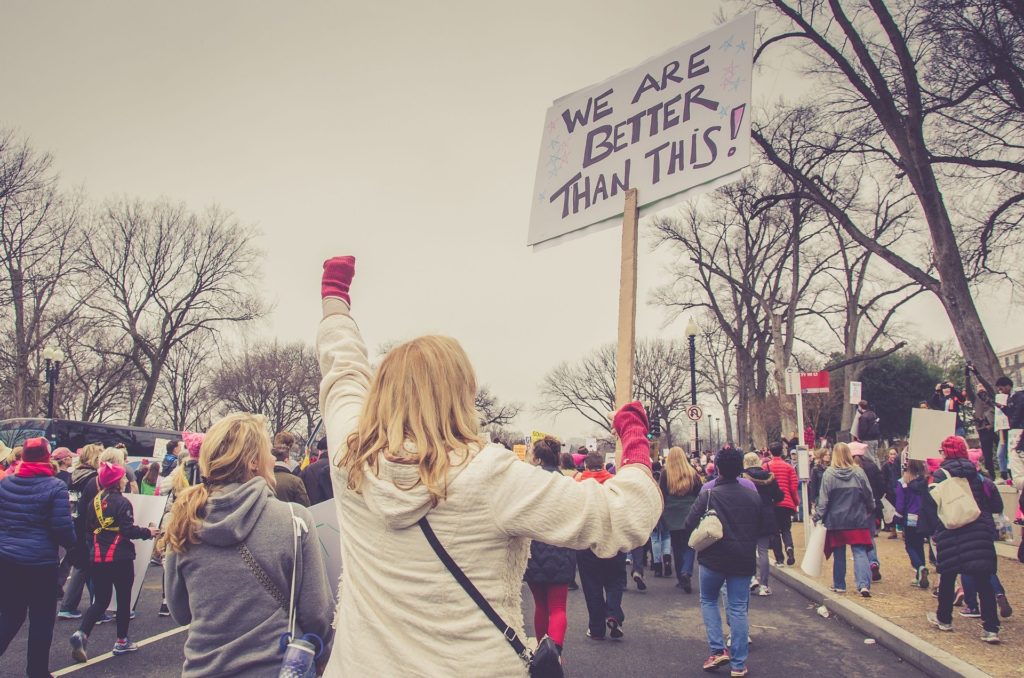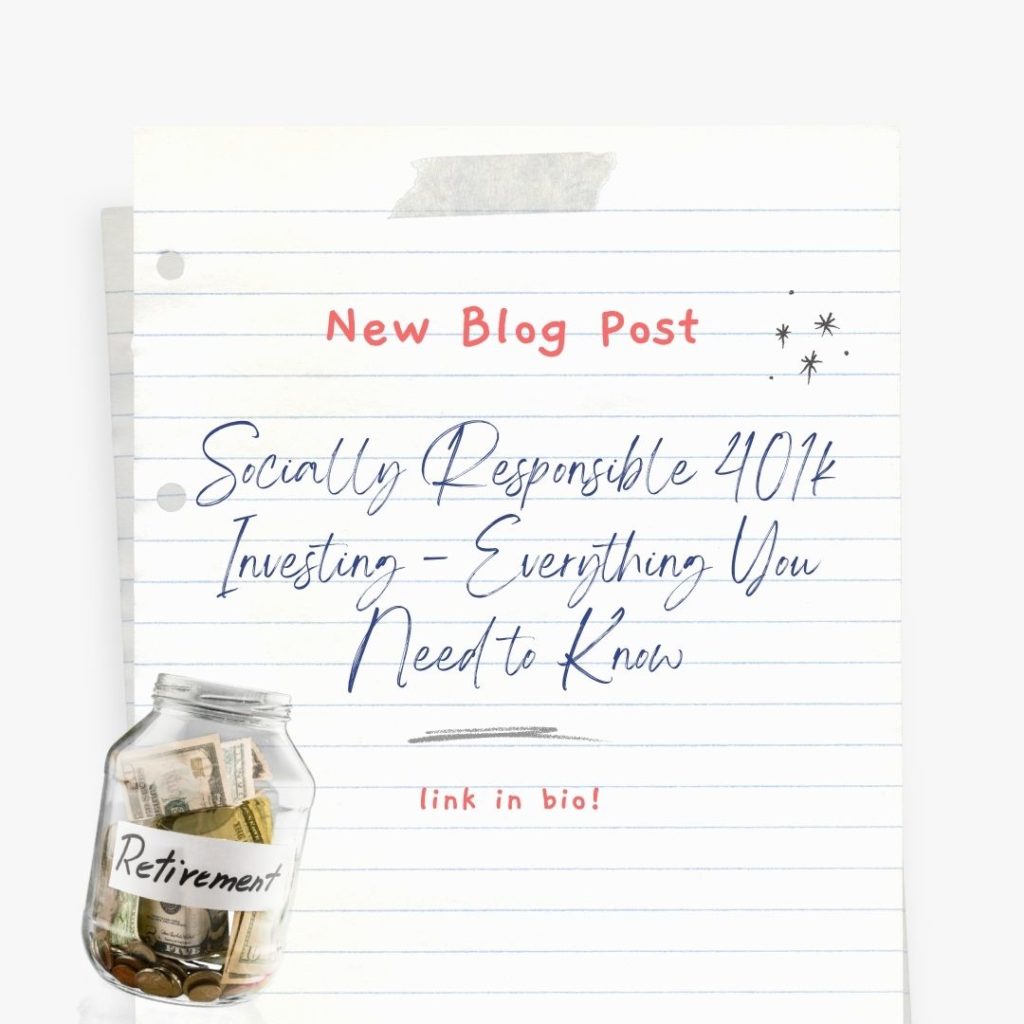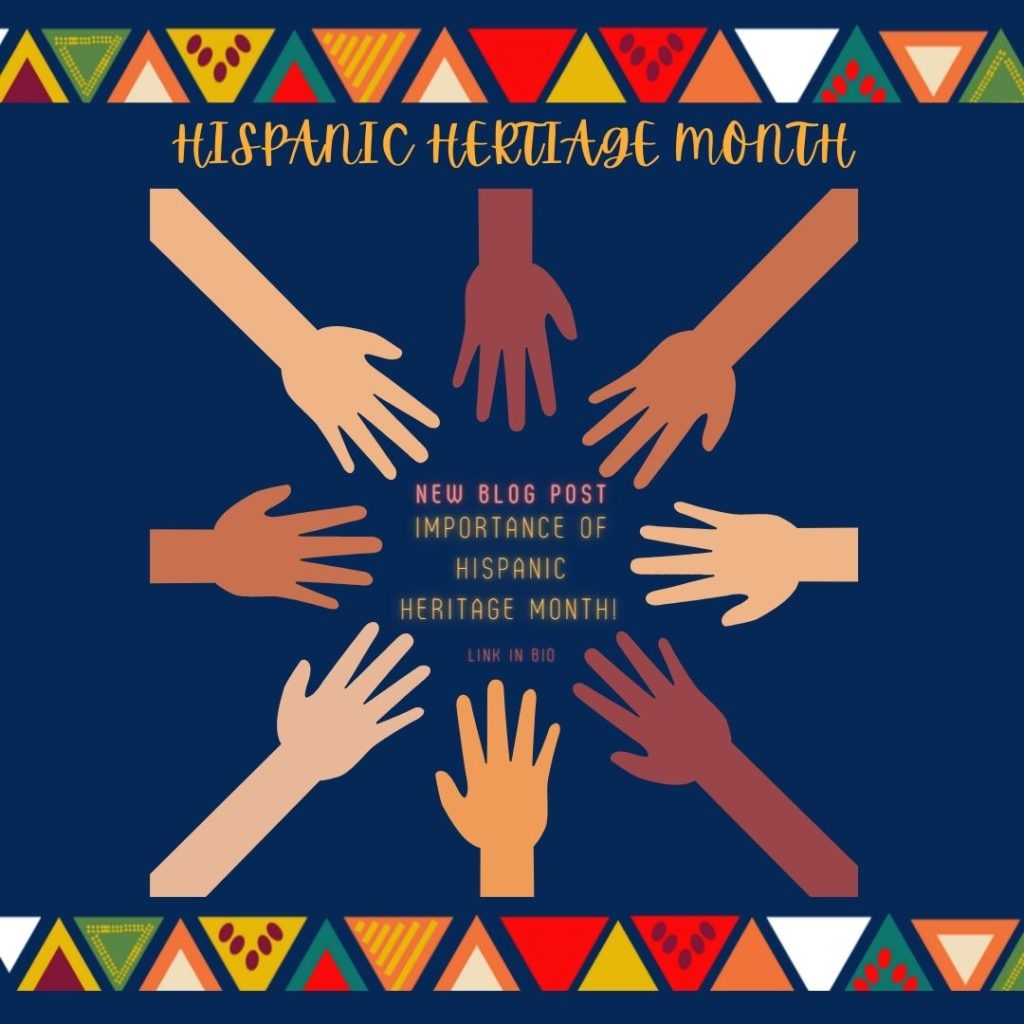What does choosing a political candidate to vote for have in common with choosing an investment portfolio? If you’re anything like us – A LOT! Accountability is a huge component of how we curate our portfolios and our ballots.
Accountability is holding institutions and individuals to a standard that aligns with one’s values and morals. In our daily lives, it might look like taking responsibility for our actions or acknowledging our mistakes while striving to do better.
As ethical investors, we also bring accountability to finance. When we choose companies to include in our portfolios, we do so very consciously. We consider their intentions and impacts, what they hope to do and how they do it.
We carry that same energy into the polls.
Holding public officials accountable is a key aspect of a healthy democracy. We need room to criticize politicians (even those we like!) when they go against our values. Doing so helps shape our political future, especially surrounding key issues like sustainability.
Accountability and criticism can get a bad reputation. But, they are not inherently negative.
Criticism and accountability are tools to aid us in developing a better future. By understanding where we, as a country, have gone wrong, we can strive for new solutions to do better. In the words of author and activist James Baldwin, “I love America more than any other country in the world and, exactly for this reason, I insist on the right to criticize her perpetually.”
Sometimes, we’re asked to save our criticism for a different time, that now is not the right moment. But, our values are not fleeting. Our ethics should not be paused to make situations more comfortable for the majority.
I often find that the times when I’m told my criticism is not appropriate are the times when it is most necessary. Holding ourselves, our politicians, and our institutions to a higher standard is not disrespectful. Demanding more from our government to protect the rights of historically oppressed people is always appropriate.
So, what can we do?
We should carefully analyze the Biden Climate Plan to understand if it is enough to promote sustainability in our country. We should demand more from our government to tackle climate change and generate jobs that protect the environment. We should recognize the impact of RBG’s legacy on Indigenous people. Doing so does not make us disrespect of our politicians’ accomplishments, but rather, to echo Baldwin, showcases our love for the country and helps us imagine a better future for all people.
With the current elections looming, now is the perfect time to start engaging in a critical analysis of politicians, especially candidates in local elections. For Minnesotans, our ballots will feature races for U.S. President, U.S. Senator, U.S. Representative, State Senator, State Representative, and Judicial seats. Getting to know candidates through resources such as Ballotpedia or MyBallotMN can help you make informed decisions on election day.
In other words, it is important to bring accountability into every space in our lives, especially our politics and our finances. These are two key areas where we can use our democratic and fiscal votes to shape the world around us for the better. As ethical investors, we can do this in many ways. Invest in social justice. Register to vote. Donate to campaigns that align with your values — especially close, local races. Engage in political conversations with friends and family, even when it is uncomfortable. To truly put our money where our mouth is, we must take every opportunity to fight for human rights, especially at home.




